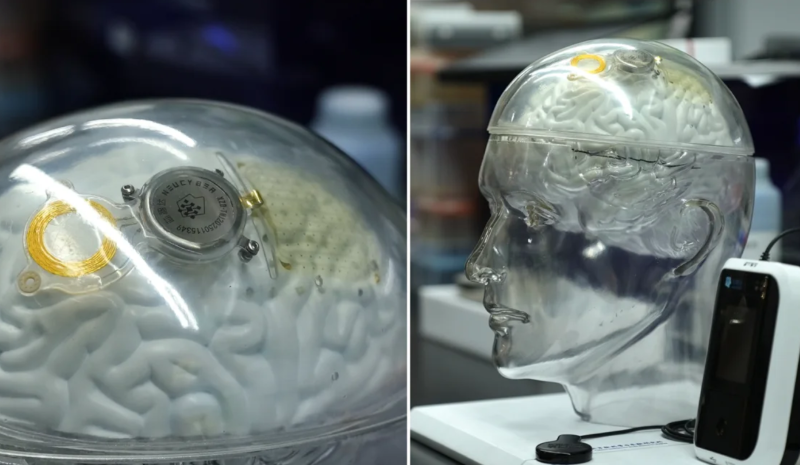
The demonstration, recorded by Beijing Radio and Television in March, was part of a clinical trial involving five patients implanted with a coin-sized chip called Beinao-1, a wireless brain-computer interface (BCI). It is a technology pioneered by American scientists , but experts say China is quickly catching up.
Luo Minmin, director of the China Institute for Brain Research (CIBR) and lead scientist of the trial, said the demand for BCI technology is “huge”, and they have been “overwhelmed” by requests from potential patients.
“The patients said it felt amazing, like they could regain or control their muscles,” he told CNN in May in a rare interview at his lab, an hour's drive from Beijing's Xuanwu Hospital, where the trial took place.
Luo said the technology showed “high accuracy” in decoding signals from patients’ brains and converting them into text, speech or machine movements. His team plans to accelerate human trials by implanting the chip in 50 to 100 more patients next year.
“We hope that we can accelerate this process,” he said. “If it is proven safe and effective, it could be used clinically around the world .”
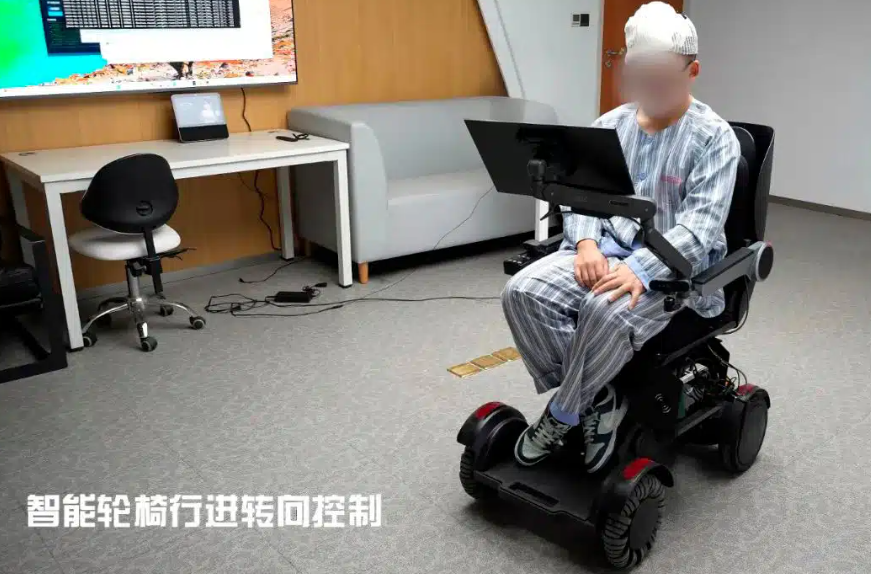
As of May, Beinao-1 said it had a total of five patients, the same number as Elon Musk's Neuralink implant. Another US company, Synchron, whose investors include Jeff Bezos and Bill Gates, has undergone trials on 10 patients, six in the US and four in Australia.
Maximilian Riesenhuber, a professor of neuroscience at Georgetown University who was not involved in Beinao's trials, told CNN that despite starting later than the US, China is making a lot of progress.
“China has certainly shown the ability to not only catch up but compete, and is now really starting to even lead in some areas,” he said. “What’s interesting is that there’s a lot of research activity in both countries because they’ve recognized the potential of BCI.”
According to Precedence Research, a market research firm, the brain technology market was worth about $2.6 billion last year and is expected to grow to $12.4 billion by 2034. But for both China and the US, the technology is about more than just money.
Chinese President Xi Jinping has long aimed to turn his country into a scientific and economic powerhouse. In March, he wrote in state media that the technology industry had become the “front line” and “main battlefield” of global competition. His ambitions have raised concerns in the United States about a tech war, particularly in the semiconductor industry.
CIBR was co-founded by the Beijing city government and several local universities in 2018, about two years after Elon Musk founded Neuralink.
In 2023, CIBR incubated a private company called NeuCyber NeuroTech to focus on brain technology products like Beinao-1.
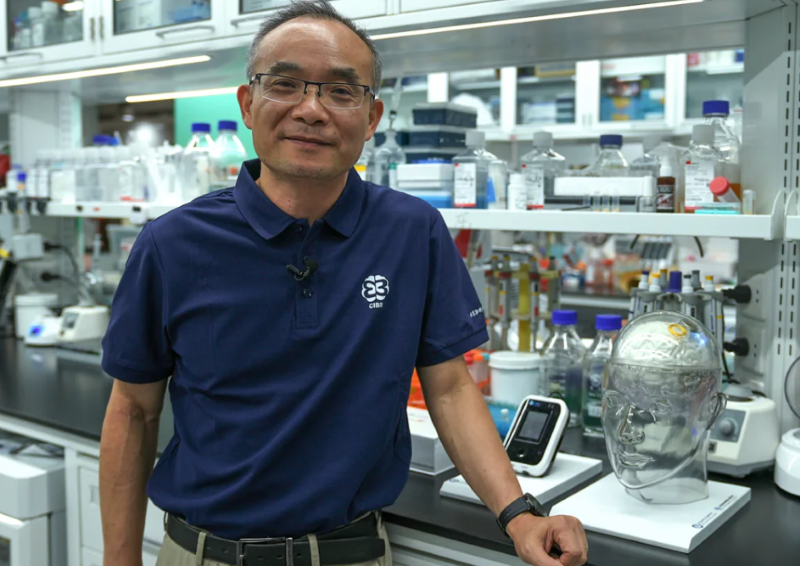
For many years, the ALS patient, now in his 60s, was unable to express his thoughts, said Luo Minmin.
“She was conscious, she knew what she wanted but she couldn’t say it,” said Luo Minmin, who earned a PhD in neuroscience from the University of Pennsylvania and lived in the United States for nearly a decade. “After the implant, she can now say simple sentences quite accurately through the system.”
However, all BCI researchers must weigh risks and benefits.
Most US companies use the more invasive method of placing chips into the dura mater, an outer layer of tissue that covers and protects the brain and spinal cord, to get better signals, but these methods require riskier surgeries, Professor Riensenhuber said.
“It was interesting to see that NeuCyber was apparently able to collect enough information even through the dura mater to allow decoding of specific words,” he said.
The ALS patient trial, which began in March, marks the third human trial of the Beinao-1 chip, which the developers described in a press release as “the world’s first batch of semi-invasive wireless implants.”
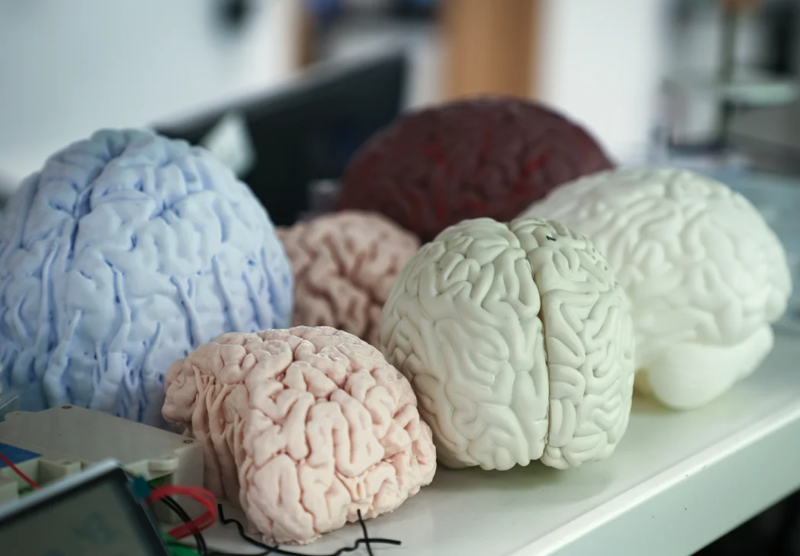
Clear ambition
Amid rising geopolitical tensions, comparisons between US and Chinese technological breakthroughs are common. Brain-computer interface technology first emerged in the US in the 1970s.
Decades later, the Obama administration launched the “Brain Initiative” in 2013, investing more than $3 billion to fund more than 1,000 neuroscience technology projects since then.
Synchron, based in New York, was the first company to begin human trials in July 2021. Three years later, a new BCI system developed at UC Davis Health translated an ALS patient's brain signals into speech with 97% accuracy—the most accurate system of its kind, according to a university release. That same year, Musk's company completed its first human trial, allowing participants to control a computer mouse with a brain implant.
China only began researching brain technology in the 1990s, but it is advancing rapidly. In 2014, Chinese scientists proposed the idea of a national brain technology project to rival similar efforts in the United States and Europe, according to the Ministry of Science and Technology. Two years later, brain technology was mentioned in the country’s five-year plan, which outlines China’s national priorities and goals.
Last year, the Chinese government issued its first ethics guidelines for research in this field. At the local level, city governments in Beijing, Shanghai and other major cities have also supported brain technology companies from research, clinical trials to commercialization.
Professor Riesenhuber and other researchers from Georgetown University have published a study on China's brain-computer interface (BCI) technology development by 2024, claiming that the efforts of Chinese researchers are "equivalent in sophistication" to those in the US and UK.
According to THU HANG (ACCORDING TO CNN)/News and Ethnic Newspaper
Link to original articleSource: https://baovanhoa.vn/nhip-song-so/trung-quoc-duoi-sat-my-trong-cong-nghe-nao-bo-sanh-ngang-neuralink-154713.html








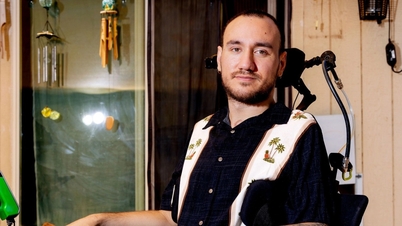

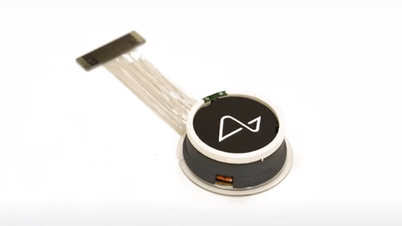

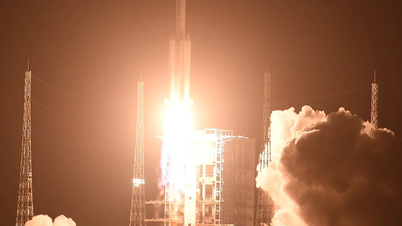
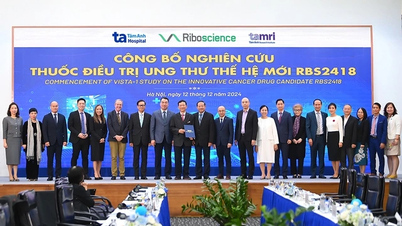




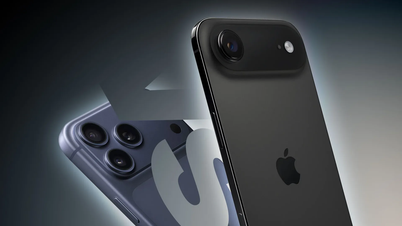

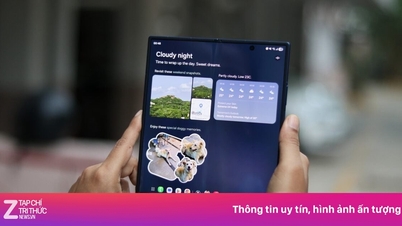

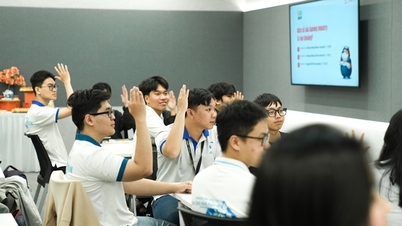

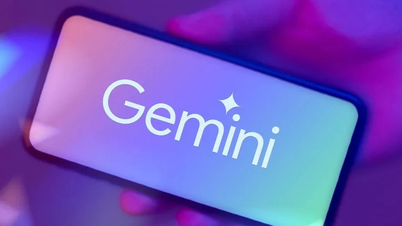

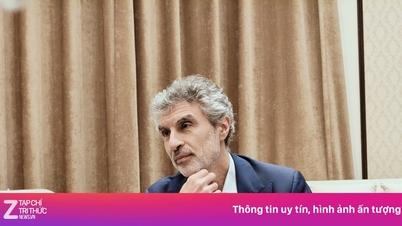









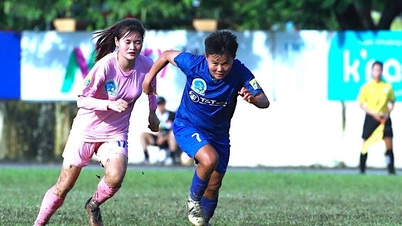















































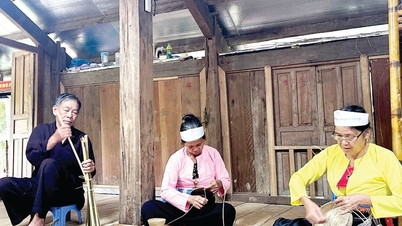



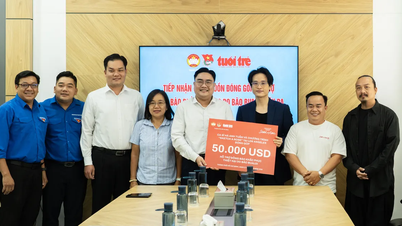
















Comment (0)